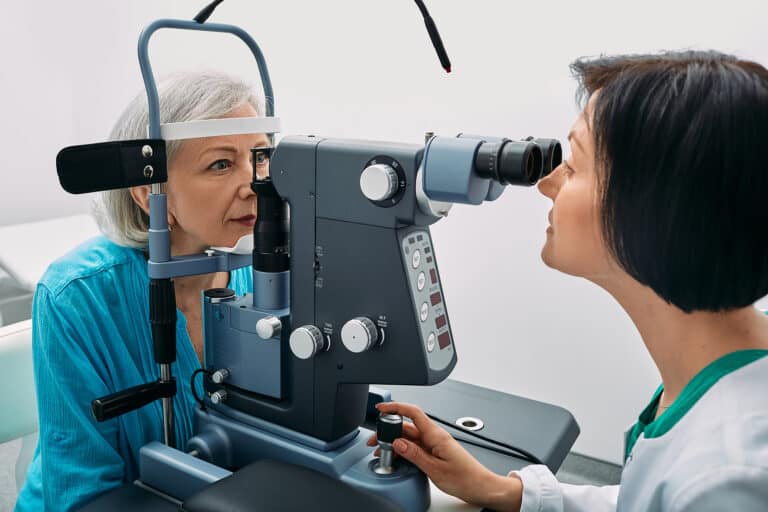
5 Ways Home Care Helps Seniors Who Have Low Vision Live at Home
Seniors who have home care can rely on having someone in the home with them to help them cook, clean, and get around the home safely.

Seniors who have home care can rely on having someone in the home with them to help them cook, clean, and get around the home safely.

Companion care at home helps with the consistent monitoring of seniors’ well-being.

Hospital to home transition care offers patients the support and care they need to come home from the hospital as safely and easily as possible.

Seniors with Alzheimer’s disease often struggle with listening to others and feeling heard themselves. Activities related to Listening Awareness Month can help everyone involved to connect.

The VA does offer reimbursement for Veterans home care services provided while the application was pending as long as the application is approved.

Proper monitoring and support through 24-hour home care provides a good overall picture of a senior’s mental health and helps loved ones if there’s an issue.

Vision loss can become particularly problematic among seniors. However, numerous strategies available can improve the quality of life for seniors with low vision, including in-home care services.

You understand that Veteran’s home care would be a valuable asset, but what if your father continually refuses because, according to him, he “can’t afford it?”

With the home care team by their side, understanding how these fats fit into healthy meal planning for seniors is much easier.

When combined with healthy lifestyle choices and support from personal care at home, regular screenings can help seniors keep and improve their overall health.